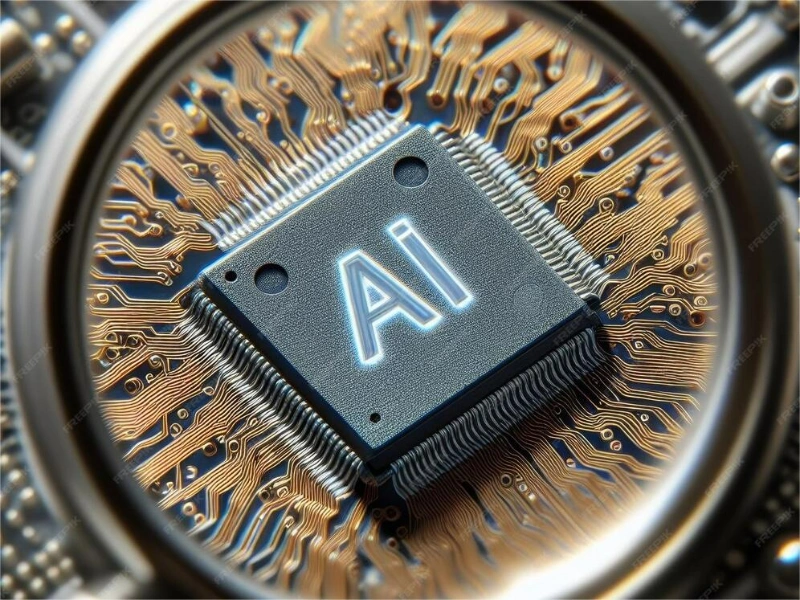- Microsoft plans to introduce a cloud computing platform based on AMD artificial intelligence chips as an alternative to Nvidia’s, with details to be revealed at next week’s Build developer conference.
- A preview of the new Cobalt 100 custom processors, offering 40% better performance than other Arm-based processors, will be launched at the conference.
- Microsoft’s clusters of AMD MI300X AI chips will be sold through its Azure cloud computing service, providing customers with an alternative to Nvidia’s H100 GPU family to meet the growing demand for artificial intelligence.
Microsoft‘s announcement of offering AMD AI chips for cloud customers marks a significant shift in the competitive landscape against Nvidia. The introduction of Cobalt 100 processors, promising enhanced performance, reinforces Microsoft’s commitment to innovation. This strategic move aims to address the rising demand for AI capabilities while diversifying cloud computing offerings.
Microsoft embraces AMD
Microsoft’s adoption of AMD AI chips signals a strategic move to challenge Nvidia’s dominance in the cloud computing market. By offering AMD alternatives through its Azure platform, Microsoft aims to provide customers with increased flexibility and choice, addressing concerns over Nvidia‘s GPU availability and market control.
This shift highlights Microsoft’s commitment to fostering competition and innovation in the industry, potentially reshaping the dynamics of AI chip procurement and usage in the cloud.
Also read: Microsoft to close ADC in Nigeria: challenge or opportunity
Also read: Spanish startups accuse Microsoft of unfair competition in cloud services
Cobalt 100 processors
The introduction of Cobalt 100 processors at Microsoft’s Build developer conference underscores the company’s focus on delivering high-performance computing solutions. With a promised 40% boost in performance compared to existing Arm-based processors, these custom chips are positioned to meet the evolving needs of cloud customers.
By enhancing processing capabilities, Microsoft aims to empower developers and businesses to leverage AI and other compute-intensive workloads more efficiently, driving greater productivity and innovation.

